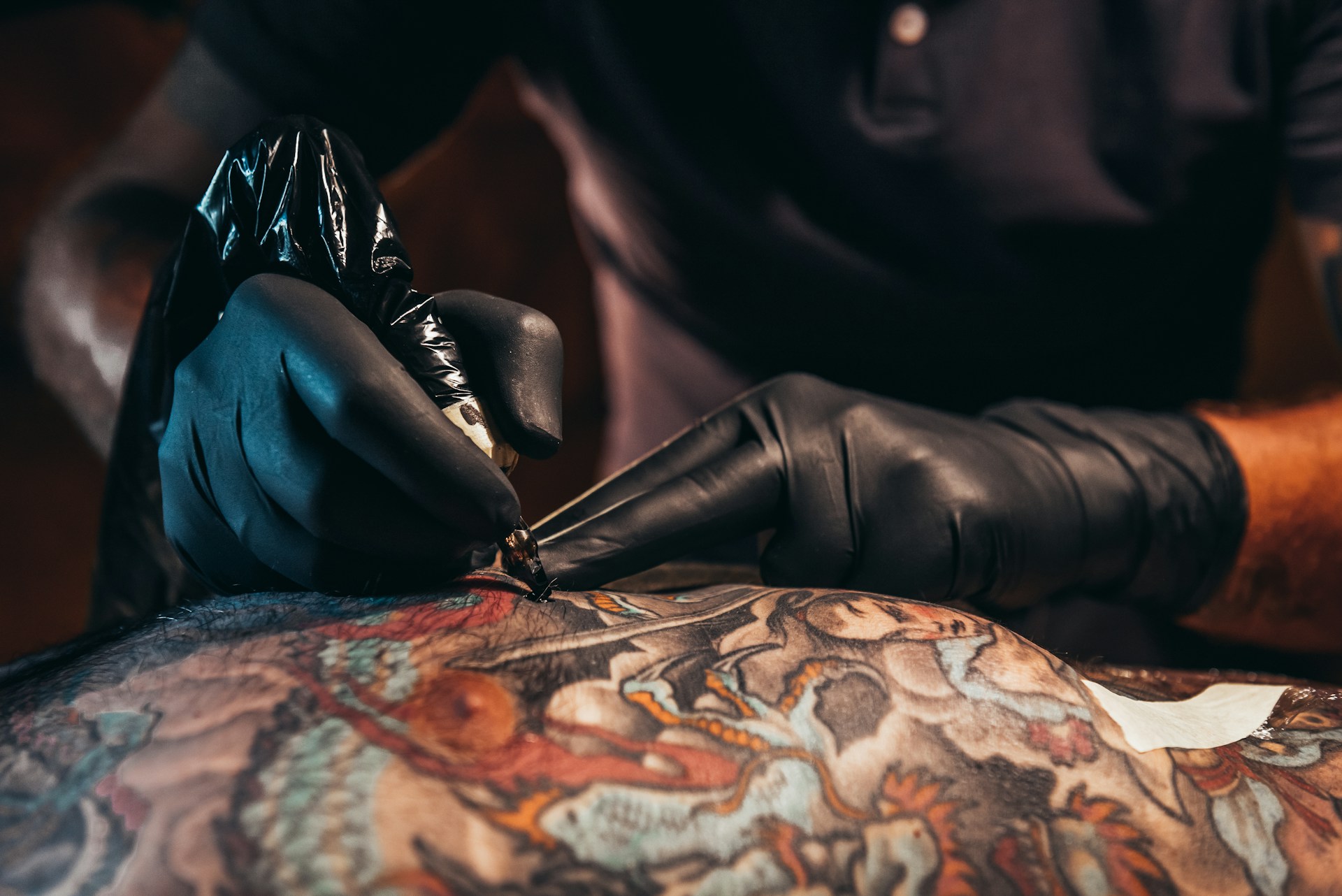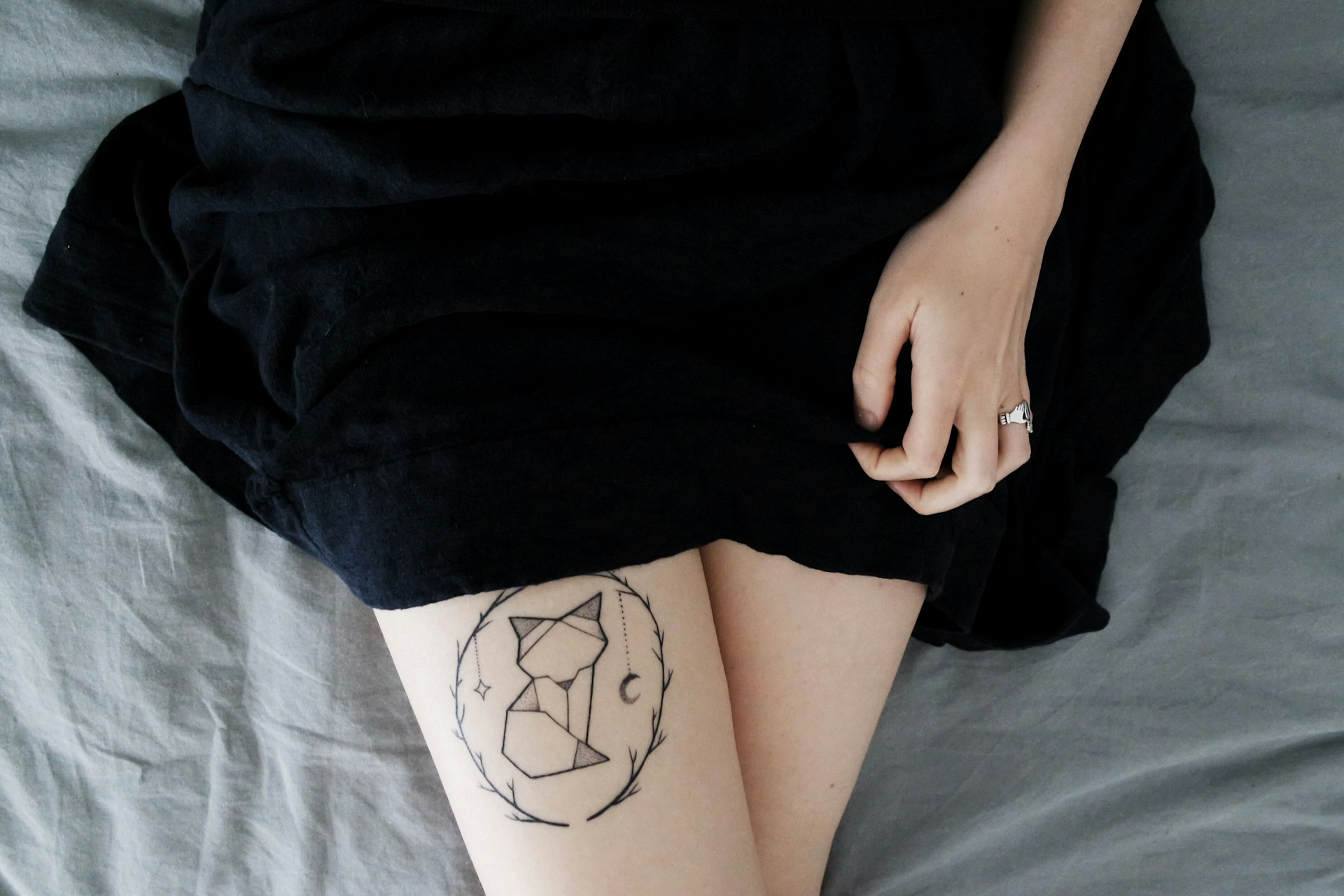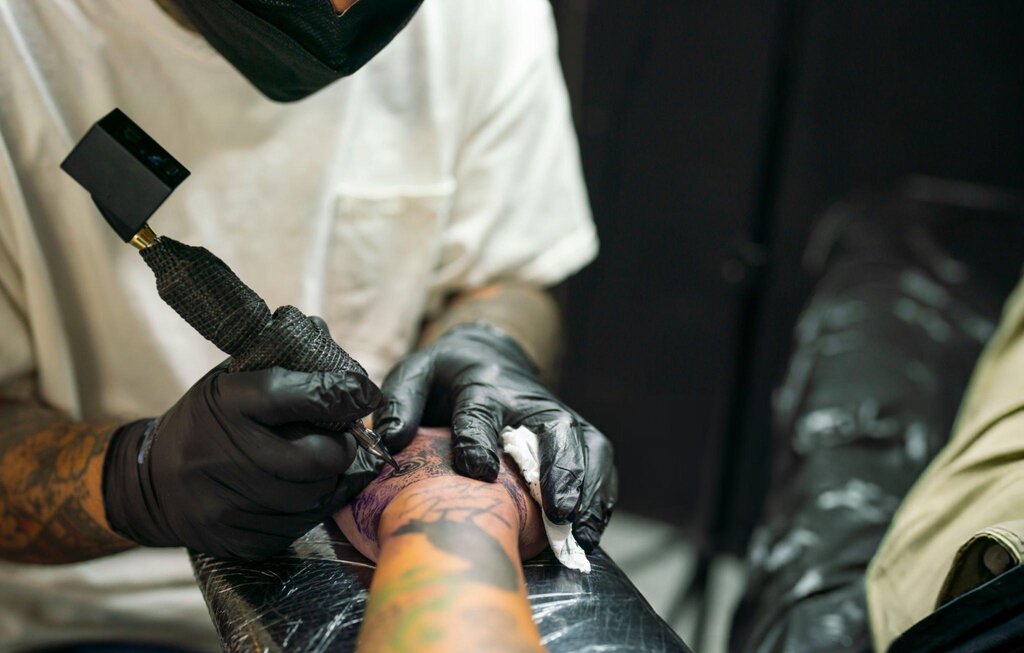Japanese tattoo art, known as Irezumi, has been an integral part of Japan’s cultural history for centuries. With its intricate designs, stunning use of color, and rich symbolism, the artistry of Irezumi has captivated tattoo enthusiasts around the globe. In recent years, the Japanese tattoo style has experienced a resurgence in popularity, with countless individuals seeking to adorn their bodies with these striking, meaningful designs. At Lucky Deville Tattoo Co, we specialize in state-of-the-art tattooing, including the ancient art of Japanese ink. Our skilled artists are dedicated not only to creating beautiful body art but also to educating our clients about the history, symbolism, and significance of this fascinating tattoo tradition.
To fully appreciate the beauty of Japanese tattoos, one must delve into the cultural context from which this art form has evolved. Irezumi has undergone a complex journey through Japanese history, with its symbolism and meaning adapting and changing through various eras. Today, the Japanese style remains a deeply symbolic and potent art form, with designs intricately woven into cultural, societal, and even spiritual beliefs.
Join us on this exploration of the symbolic world of Japanese tattoo art, as we delve into the captivating history of Irezumi, discussing the traditional motifs and their meanings, and examining the ways in which this ancient art form has transformed to fit the contemporary tattoo landscape. Whether you are considering a Japanese tattoo or are simply interested in the art and history of this rich cultural tradition, our insights will provide a deeper understanding of the intricacies and hidden stories that make Japanese tattoos a timeless and powerful form of body art.
The Evolution of Japanese Tattoo Art: A Journey Through History
To appreciate the profundity of Japanese tattoo art, it is essential to understand its historical context and the influences that have shaped its evolution. By tracing the development of Irezumi through the pages of Japanese history, we can appreciate the multifaceted journey this art form has taken and the distinct eras that have left their mark upon it.
1. Early Origins: The first evidence of tattoos in Japan dates back to the Jomon period (10,000 B.C. to 300 B.C.). Clay figurines from this era depict faces adorned with designs that are believed to represent early forms of tattoos.
2. Influence of Chinese Culture: In the 7th century, Japan adopted various aspects of Chinese culture, including beliefs about the punitive and criminal associations of tattoos. This led to the use of tattoos as a form of punishment and branding for criminals.
3. Edo Period (1603-1868): The Edo period saw the emergence of a more artistic and decorative approach to tattooing. Designs during this era were heavily influenced by ukiyo-e woodblock prints and often featured imagery from traditional Japanese folklore and mythology.
4. Post-WWII Tattoo Renaissance: Following World War II, Japan underwent significant cultural change, and tattoo art experienced resurgence. The work of artists such as Horiyoshi III helped to elevate the status of tattooing and preserve the traditional techniques and practices of Irezumi.
Traditional Japanese Tattoo Motifs and Their Symbolism
A crucial aspect of the beauty and allure of Japanese tattoos lies in the symbolism of the designs. While there are hundreds of traditional Japanese motifs and patterns, we will explore some of the most iconic and prevalent symbols in Irezumi:
1. Dragons: Fabled creatures that often represent wisdom, strength, and bravery, dragons are a popular choice in Japanese tattoo art. Dragons also serve as guardians and protectors, making them a powerful symbol in Irezumi.
2. Koi Fish: Rich in symbolism, koi fish represent perseverance, determination, and personal growth. The transformation of koi fish into dragons in Japanese folklore symbolizes overcoming adversity and achieving enlightenment.
3. Cherry Blossoms: The delicate cherry blossom represents the fleeting nature of life and beauty. In Irezumi, cherry blossoms often serve as a reminder of life’s impermanence and the need to embrace the present.
4. Demons and Mythical Creatures: Japanese tattoos often feature supernatural beings and creatures, such as the kitsune, tengu, or oni. These various beings often symbolize elemental forces, guiding spirits, or serve as protectors.
5. Samurai and Warriors: Representing valor, honor, and fearlessness, samurai and other warriors are recurring motifs in Japanese tattoo art.
The Modern Evolution of Japanese Tattoo Art
While Japanese tattoos have undergone a number of transformations throughout history, the art form is constantly evolving and adapting to modern influences. Today, many tattoo artists blend traditional Irezumi designs with contemporary techniques and styles, creating innovative and captivating tattoos that honor the past while embracing the present. This modern evolution of Japanese tattoo art is evident in the work of artists such as Horitomo, who intertwines traditional motifs with contemporary elements to create a unique visual language.
Finding the Right Japanese Tattoo for You
If you’re interested in Japanese tattoo art, the first step towards finding the perfect design is understanding the symbolism and history that underpin this rich tradition. Reflect on the meaning and aesthetic appeal of different motifs and consider how they might align with your personal values and experiences. Additionally, seeking out a skilled tattoo artist who specializes in Japanese tattoos, such as those at Lucky Deville Tattoo Co, can help ensure that your chosen design is not only visually captivating but also faithful to the historic and symbolic essence of Irezumi.
Embracing the Beauty and Complexity of Japanese Tattoo Art
Japanese tattoo art, both traditional and modern, holds a unique appeal for its captivating imagery, intricate design, and rich symbolism. By understanding the history and significance of Irezumi, you can gain a deeper appreciation of the beauty and complexity that have been the hallmarks of this ancient art form for centuries.
At Lucky Deville Tattoo Co, we are dedicated to honoring the timeless beauty and power of Japanese tattoo art while incorporating modern techniques and innovations to create a truly unique experience. Whether you’re seeking your first tattoo or adding to your collection, our skilled tattoo artists in Buffalo, NY will ensure that your Japanese-inspired design is a vibrant and lasting tribute to this rich cultural tradition.



